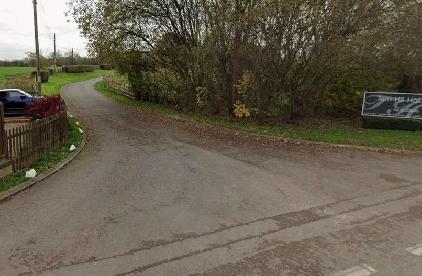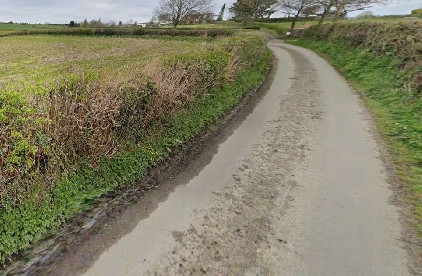
Whistleblowers at Shropshire’s main hospital trust are raising concerns more than twice as regularly as they did last year and nearly three times as often as at similar-sized NHS bodies, a report says.
Medical Director Arne Rose writes that the Shrewsbury and Telford Hospital NHS Trust is “clearly an outlier” and, in a report for the board, outlines how it is responding to the issues raised.
In the first three quarters of 2020-21, SaTH’s three “Freedom to Speak Up Guardians” received 224 concerns, with more than a quarter relating to patient safety or service quality and a similar number covering “behaviour and relationships”.
Dr Rose writes that one reason for the rise in reports is the “increased visibility” of the guardians following an awareness campaign in July. A survey held in December showed just under 97 per cent of SaTH staff were aware of the FTSU scheme.
Dr Rose’s report will be discussed by the SaTH board when it meets on Thursday, February 11.
The 224 concerns received between April and December 2020 compare to 96, 46 and 23 in the same period in the preceding three years. FTSU guardians at “medium-sized trusts” receive, on average, 81 per year, according to National Guardians Office data in Dr Rose’s report.
“We can see clearly that SaTH is an outlier but, most importantly, we need to understand why and act upon it,” he writes.
“One of the reasons for the increase in concerns raised in Q2 and Q3 pertinent to SaTH is the increased visibility of the FTSU team since July 2020 and the activities undertaken to raise their profile and improve culture.”
Forty-eight of the concerns logged so far in 2020-21 are categorised as “patient safety / quality” issues, while 46 are “behavioural / relationship-based”.
Dr Rose writes: “As would be expected during the pandemic, there was a significant increase in patient safety concerns with the majority raised about safe nurse staffing levels on the ward and staff reporting they can’t provide the care they want to because of lack of staffing and acuity of patients.”
These concerns were reported to the nursing leaders and their response included a recruitment drive, including international nurses and more admin staff, and a “pay uplift in Covid areas”.
“However, the situation remains a challenge for the trust and nationally,” he adds.
In addition to the 46 concerns centring on behaviour and relationships, 27 more were categorised as “bullying / harassment” reports. These groups included cases of “poor communication” around restoration of services and ward changes, alleged “coercion and bullying” during the redeployment process and “poor treatment when returning back to work” after periods working from home, Mr Rose writes.
He writes that initiatives to combat these problems include “behaviour workshops” that have been rolled out throughout SaTH since September. Out of the trust’s 300 teams, 110 have already completed them, Dr Rose writes.

 Accommodation plans in Ludlow refused
Accommodation plans in Ludlow refused
 More homes granted as part of Ludlow development
More homes granted as part of Ludlow development
 Calls to scrap 8.99% council tax rise
Calls to scrap 8.99% council tax rise
 Campsite plans for farm
Campsite plans for farm
 Plans for self-build homes at hotel
Plans for self-build homes at hotel
 Revealed: The main roads in Herefordshire prioritised for repairs
Revealed: The main roads in Herefordshire prioritised for repairs
 Villagers fustrated over lack of road repairs
Villagers fustrated over lack of road repairs
 New Food and Drink group launched at online event
New Food and Drink group launched at online event
